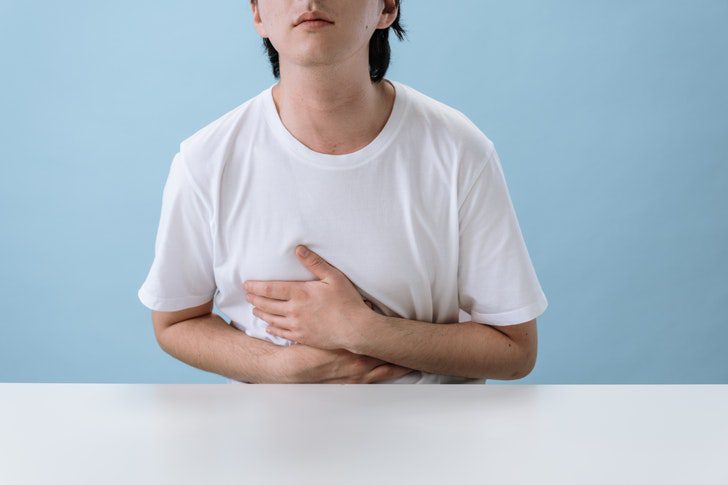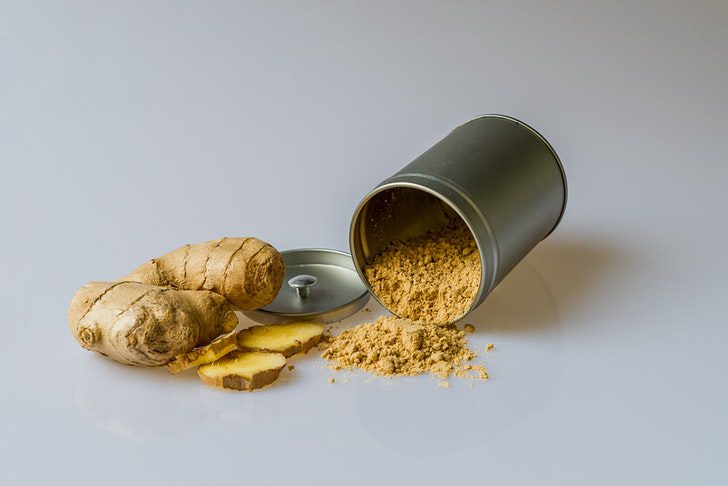Abdominal pain is discomfort or other uncomfortable sensations that you feel in your belly area. Just about everybody at one time or another will get a bellyache. Abdominal pain can be crampy, achy, dull, intermittent, or sharp. It’s also called a stomachache.
Localized pain is limited to one area of the abdomen. This type of pain is often caused by problems in a particular organ. The most common cause of localized pain is stomach ulcers (open sores on the stomach’s inner lining). Abdominal pain comes in many forms and may range from cramps that come and go to sudden, stabbing pains to constant, dull abdominal aching. Even mild pain can be an early sign of a serious condition, which is why healthcare providers often monitor these patients for changes in their conditions.

Most causes of abdominal pain aren’t reasons to worry, and your doctor can easily diagnose and treat the problem. Cramp-like pain may be associated with diarrhoea, constipation, bloating, or flatulence. In people assigned female at birth, it can be associated with menstruation, miscarriage, or reproductive complications. This pain comes and goes, and may go away on its own without treatment. Sometimes, though, it can be a sign of a serious illness that needs medical attention. Generally, there’s no need to look further than your kitchen for a solution.
Mint
Researchers have found that mint is a traditional treatment for indigestion, gas, and diarrhoea in Iran, Pakistan, and India. Raw and cooked mint leaves are both suitable for consumption. Traditionally, people often boil mint leaves with cardamom to make tea. It is also possible to powder or juice mint leaves and mix them with other teas, beverages, or foods. Mint leaves are widely available in health stores.
Ginger

Since ancient times, people have turned to ginger as a cure-all for everything from pain to nausea. It’s not just an old wives’ tale, either. Studies have shown that ginger can be a very effective treatment for some kinds of stomach upset.
A natural anti-inflammatory, ginger is available in many forms, all of which can help. Ginger chews and supplements are easy to take, while other people prefer their ginger in beverage form. Try an all-natural ginger ale or chop up some fresh ginger root and make a tea.
Drink water
When in doubt, drink fluids. Throughout the course of the day, we lose water through sweating, breathing, and digesting. It’s crucial to replace the water we lose to prevent dehydration and keep the GI tract running smoothly. Dehydration can cause bloating due to electrolyte imbalances and can halt digestion and cause constipation.

BRAT diet
Doctors may recommend the BRAT diet to people with diarrhea. BRAT stands for Bananas, Rice, Applesauce, and Toast. These foods are all starchy, so they can help bind foods together to make stools firmer. This may decrease the number of stools a person passes and help ease their diarrhea.
As these foods are bland, they do not contain substances that irritate the stomach, throat, or intestines. Therefore, this diet can soothe the tissue irritation resulting from the acids in vomit.
